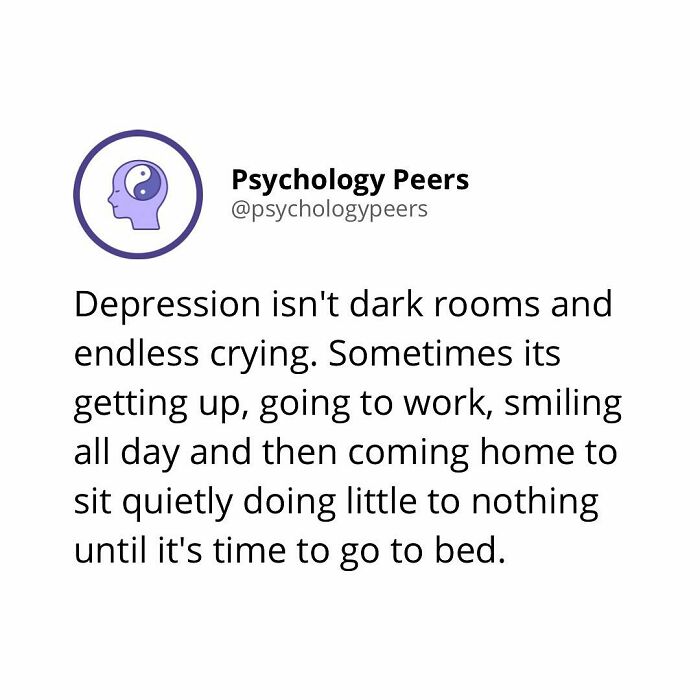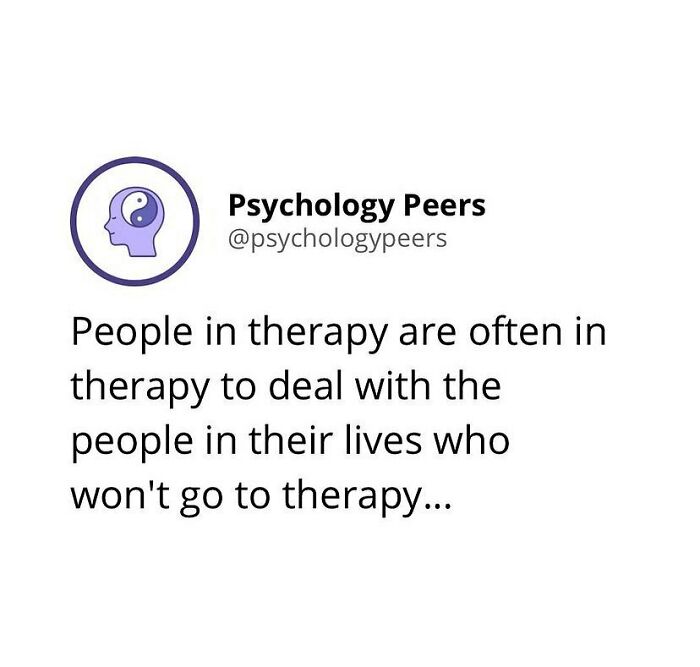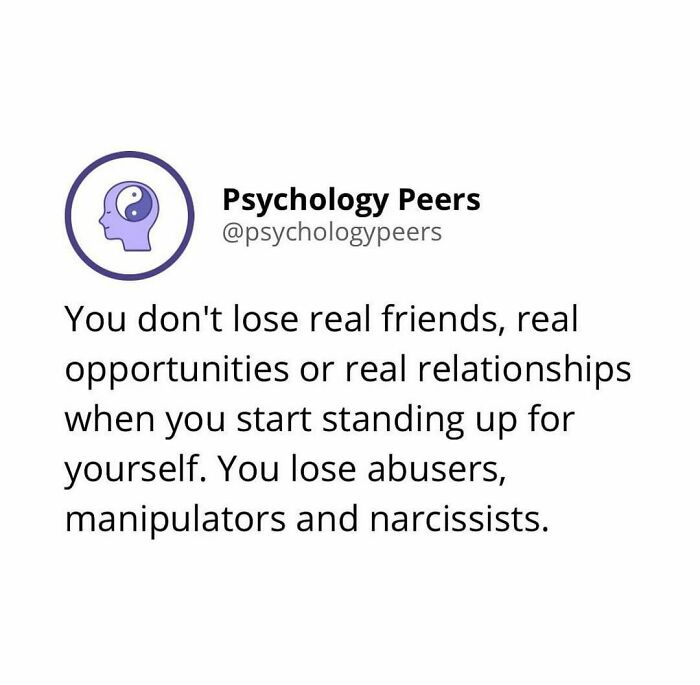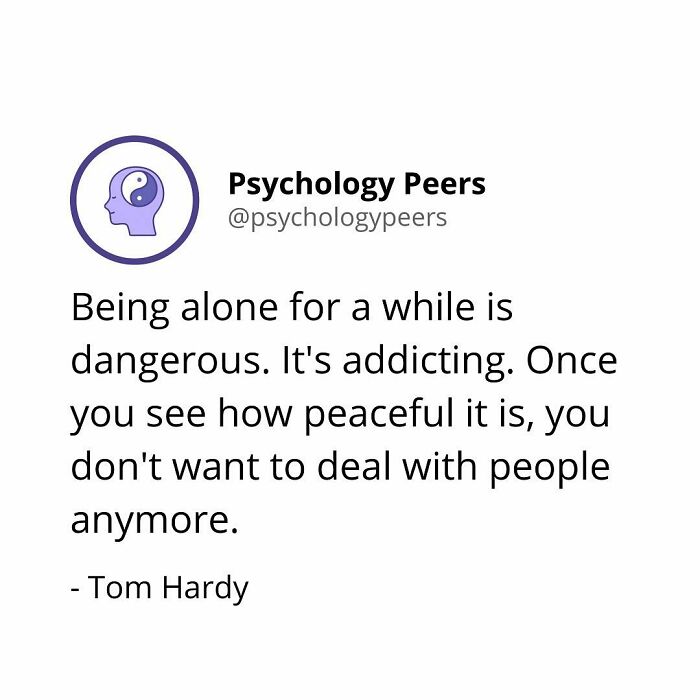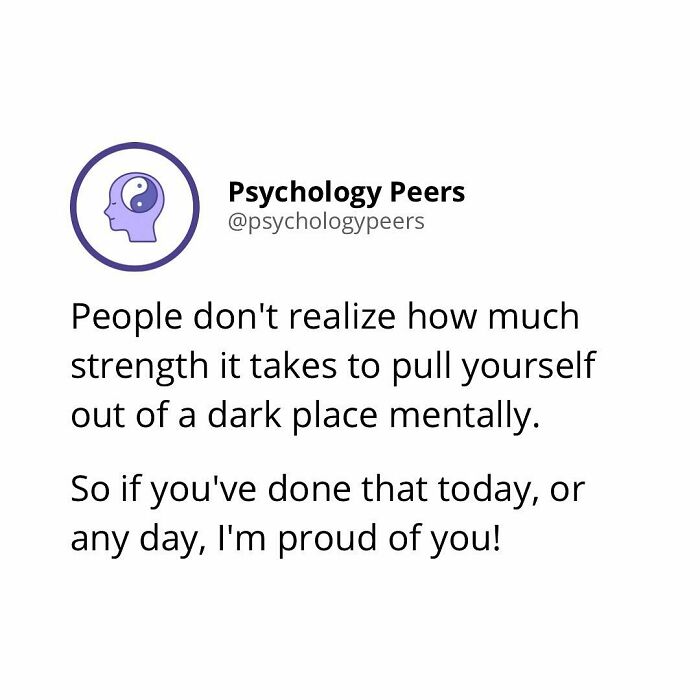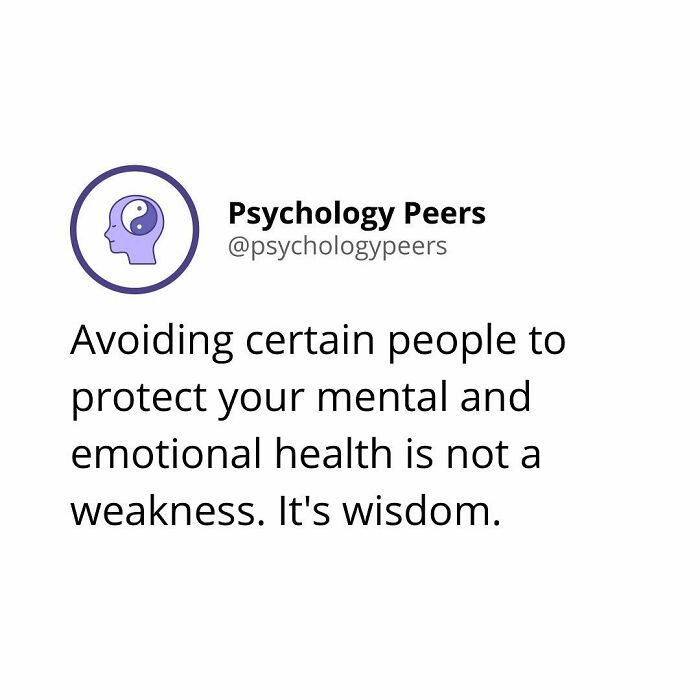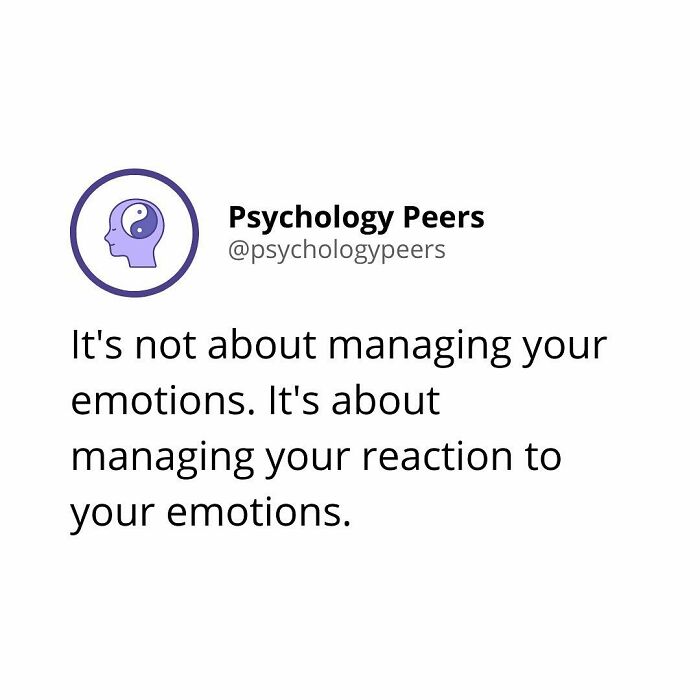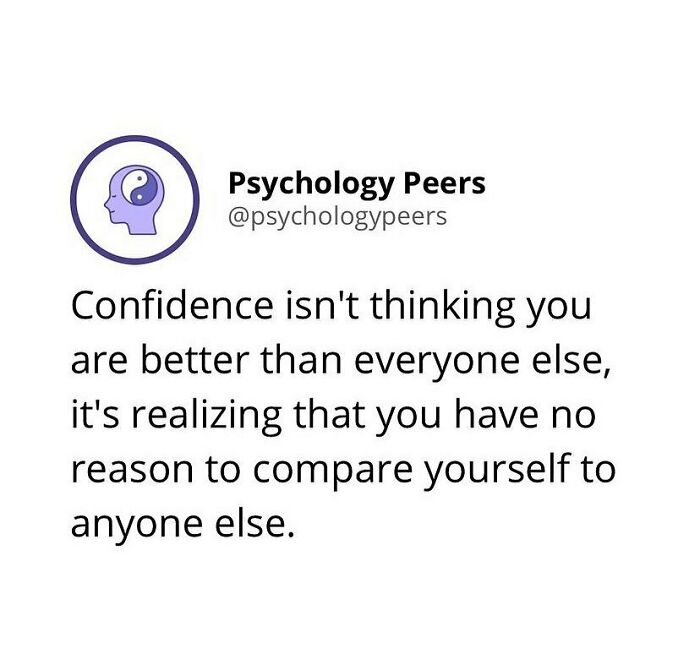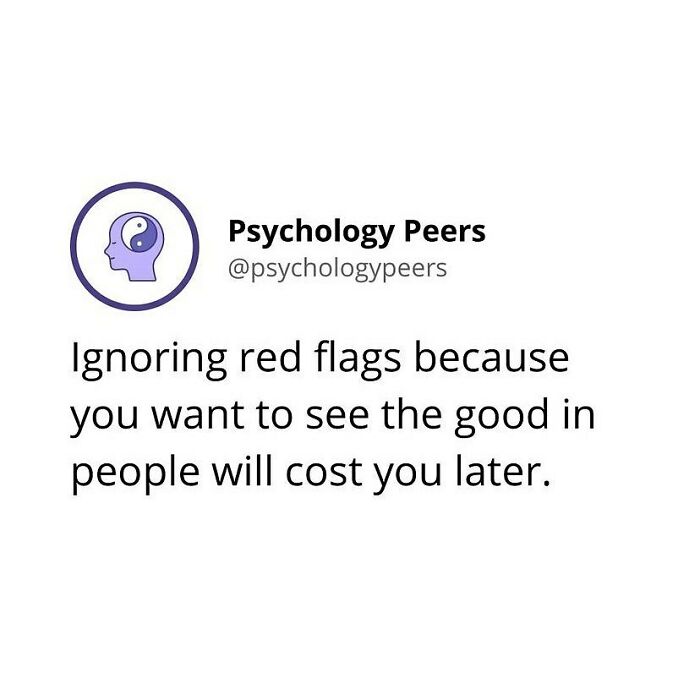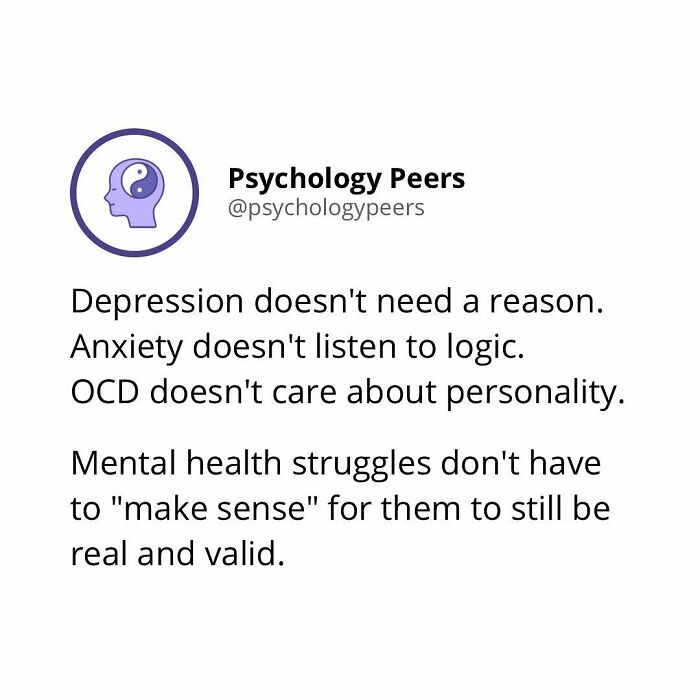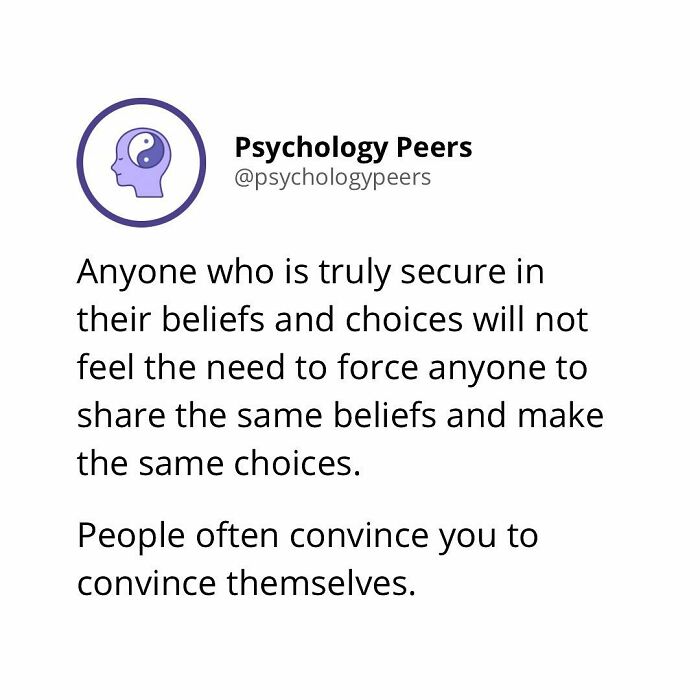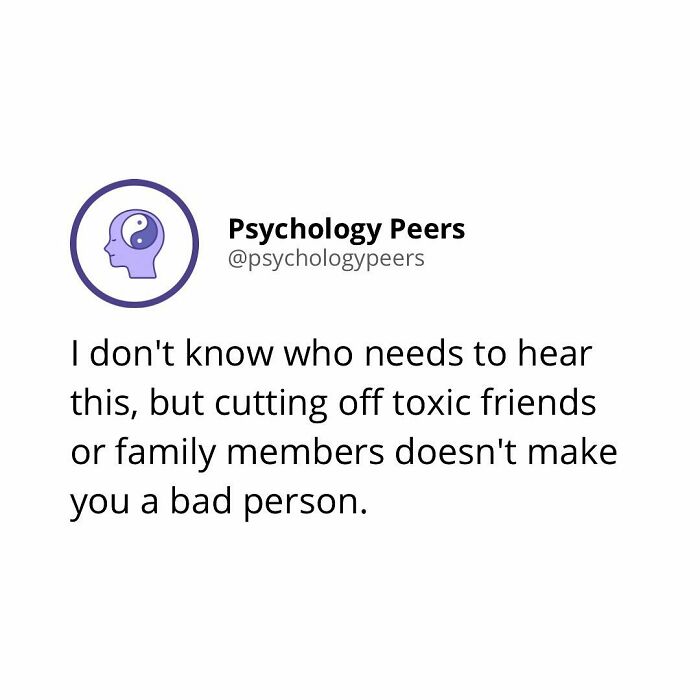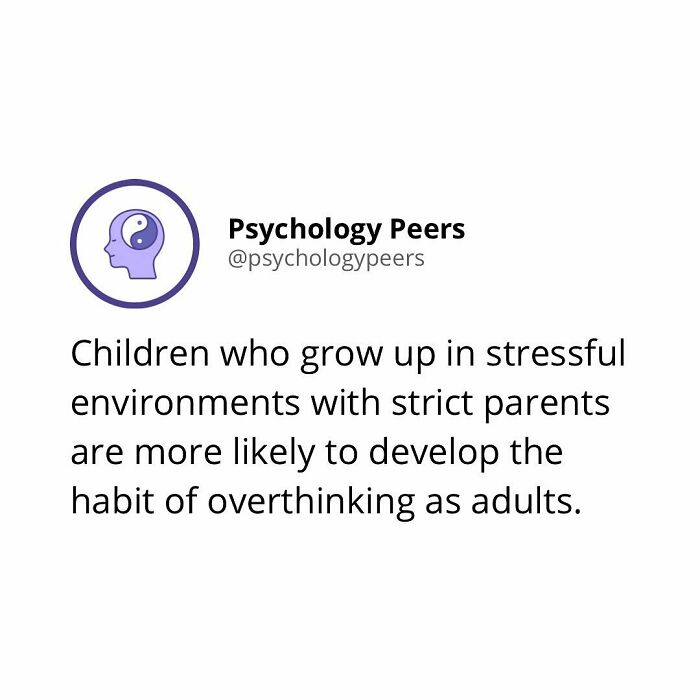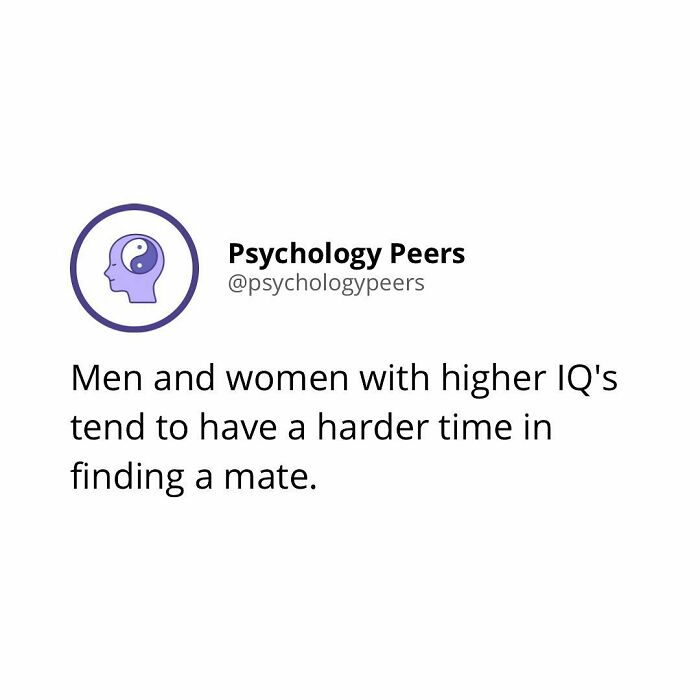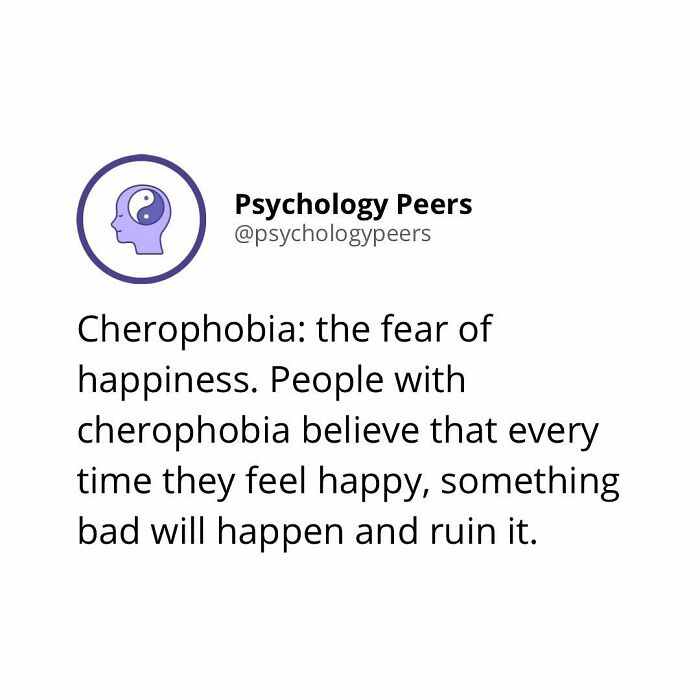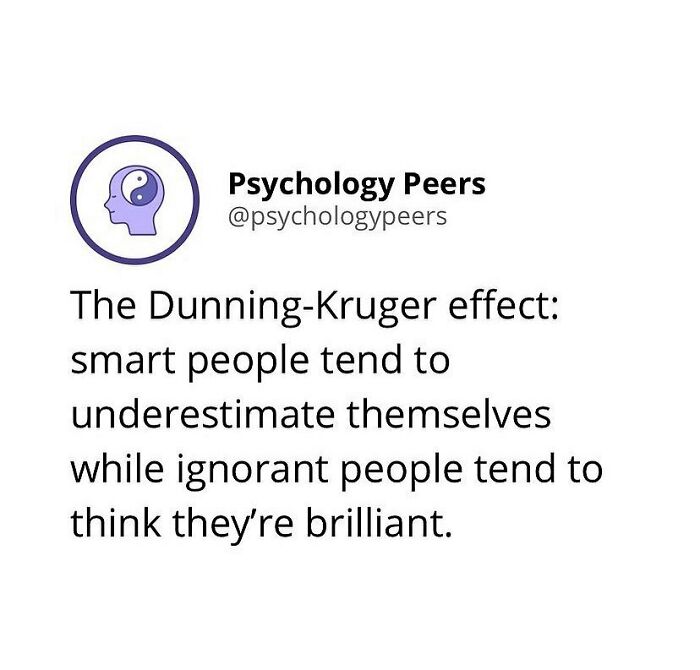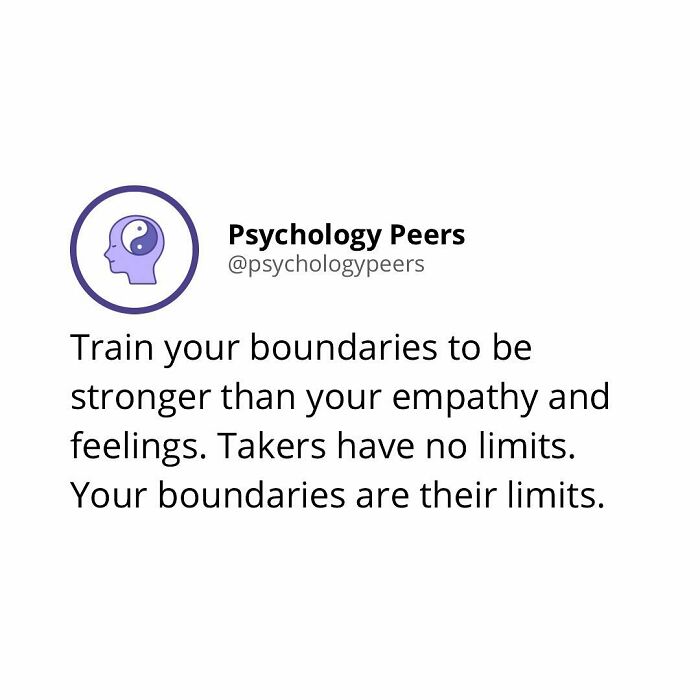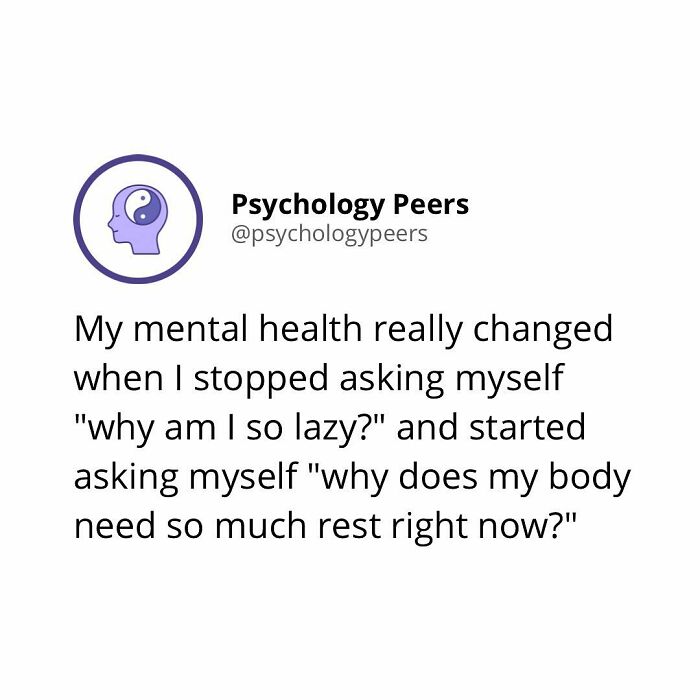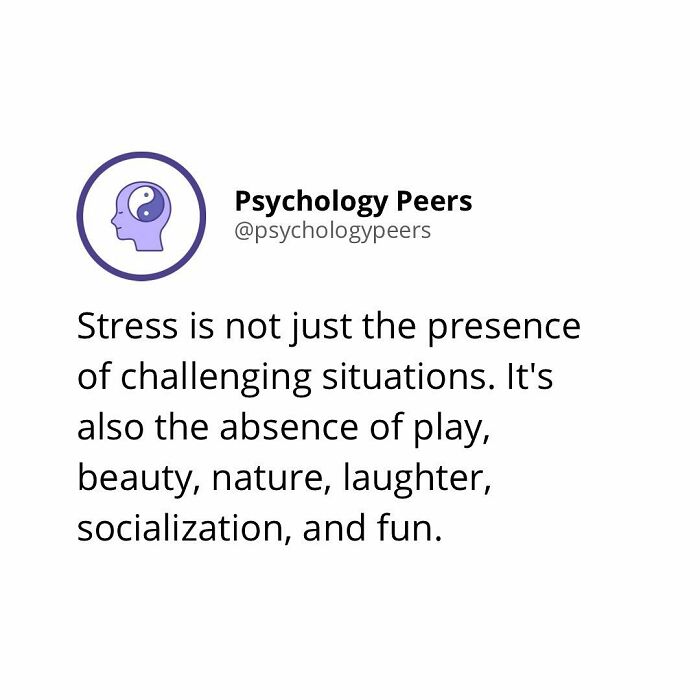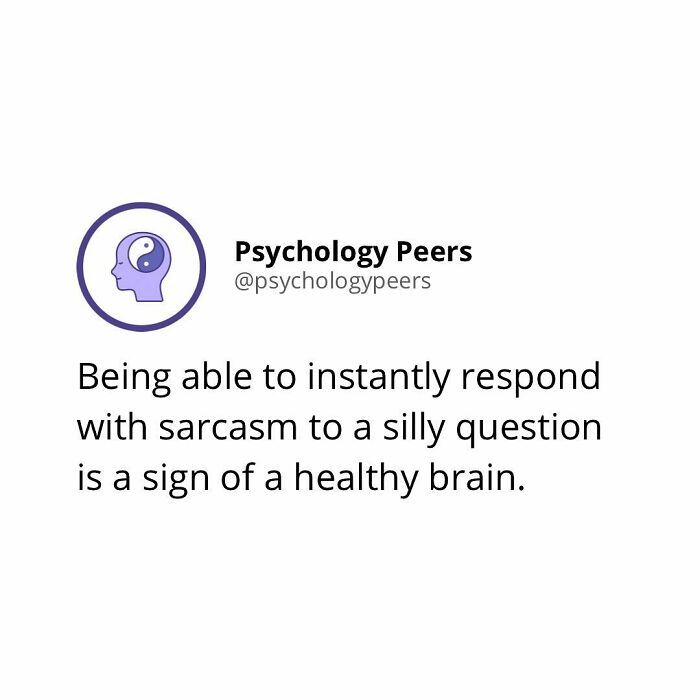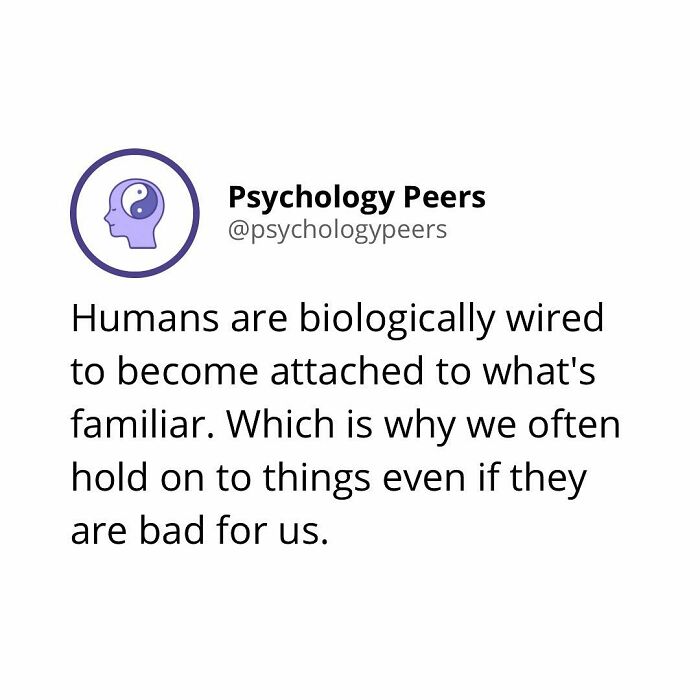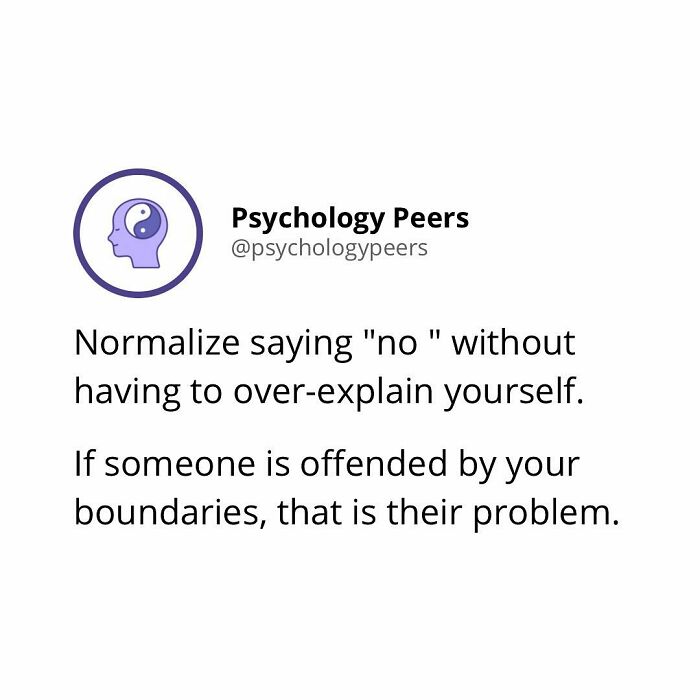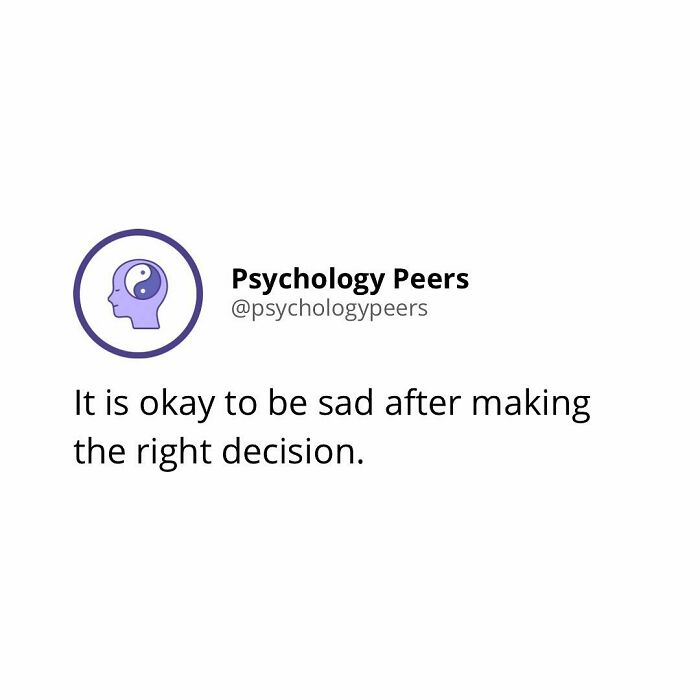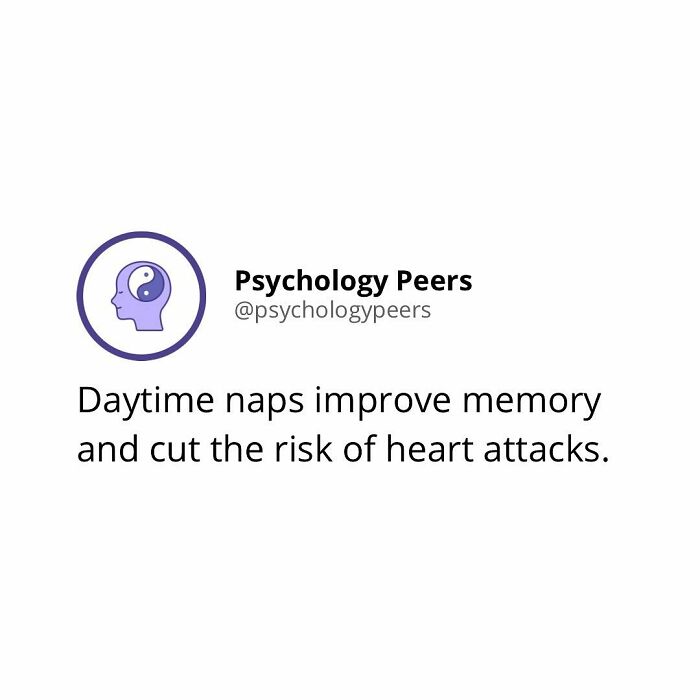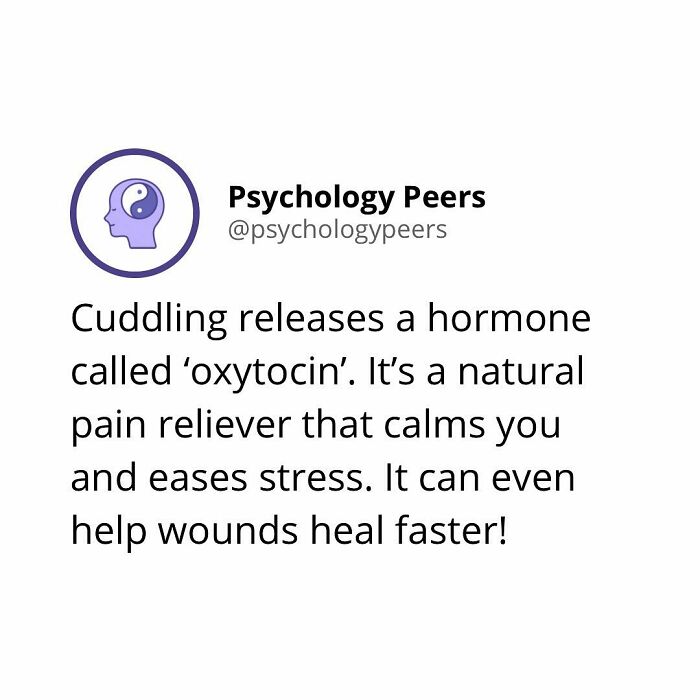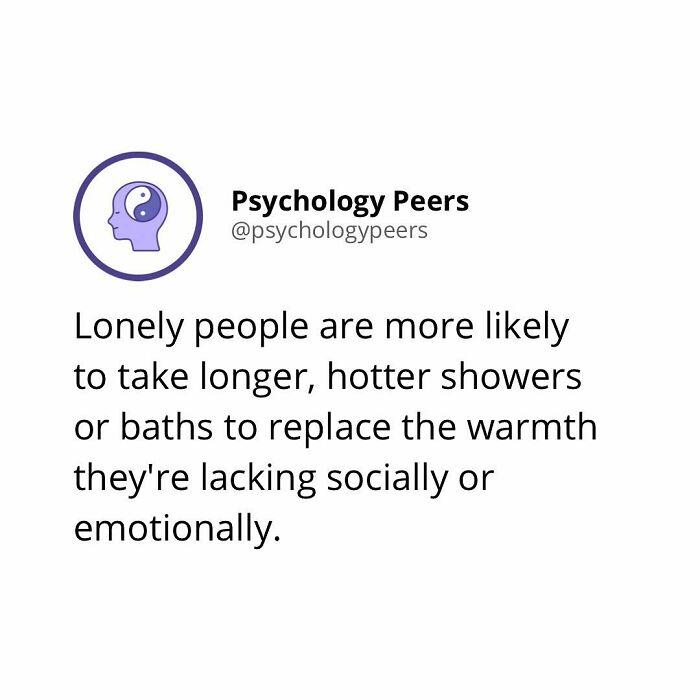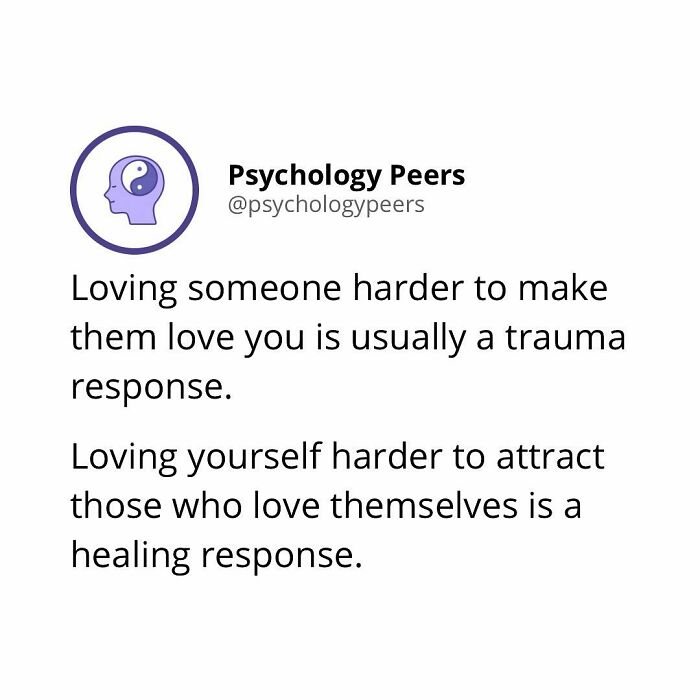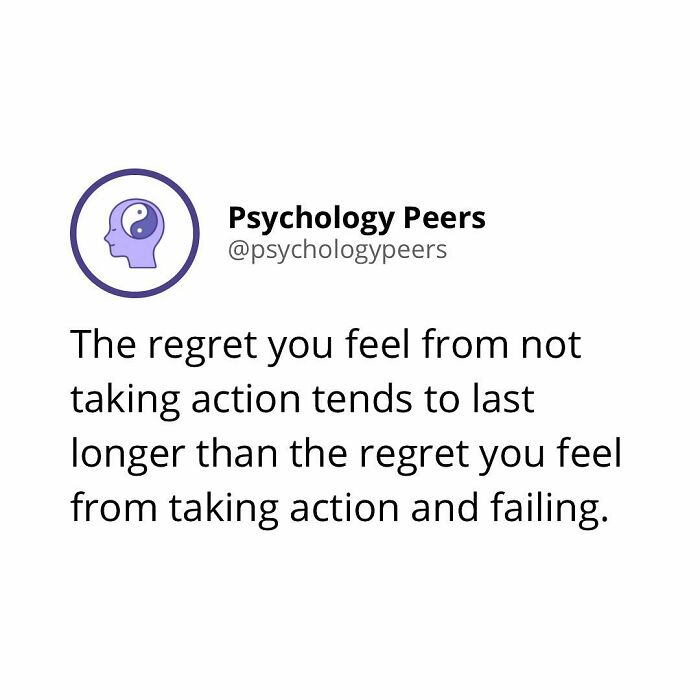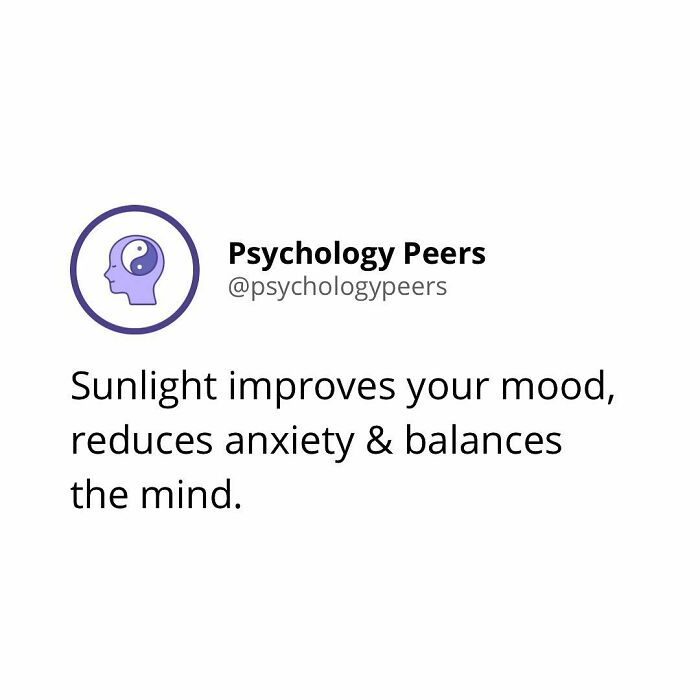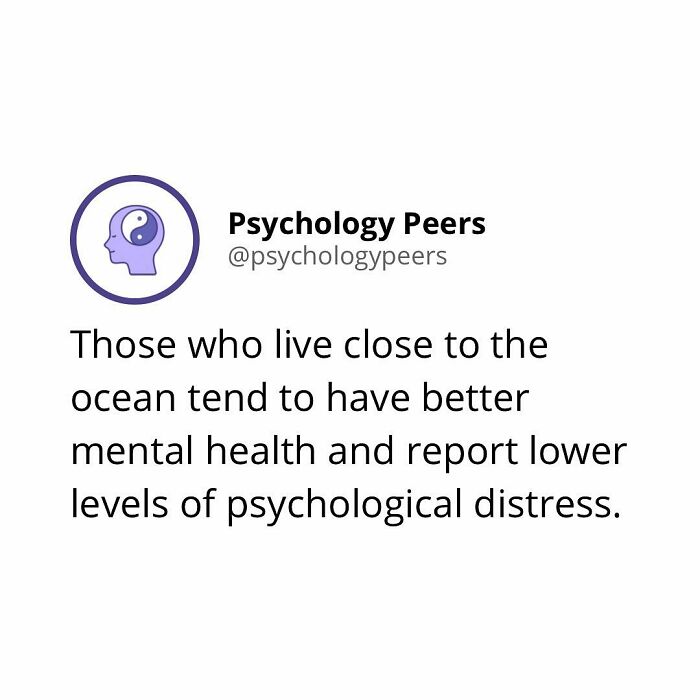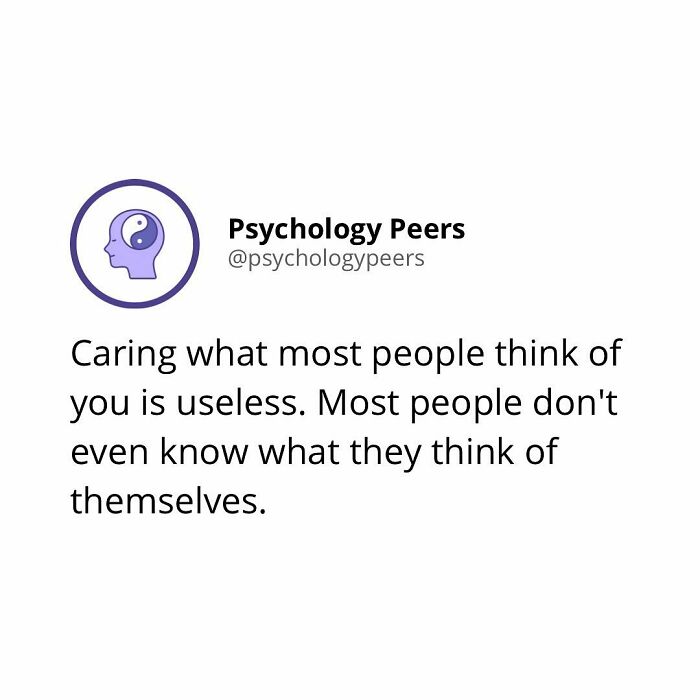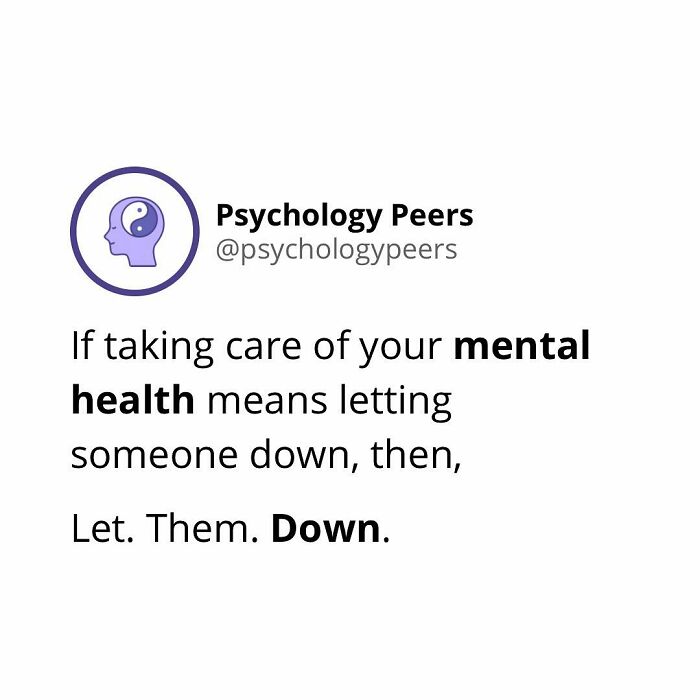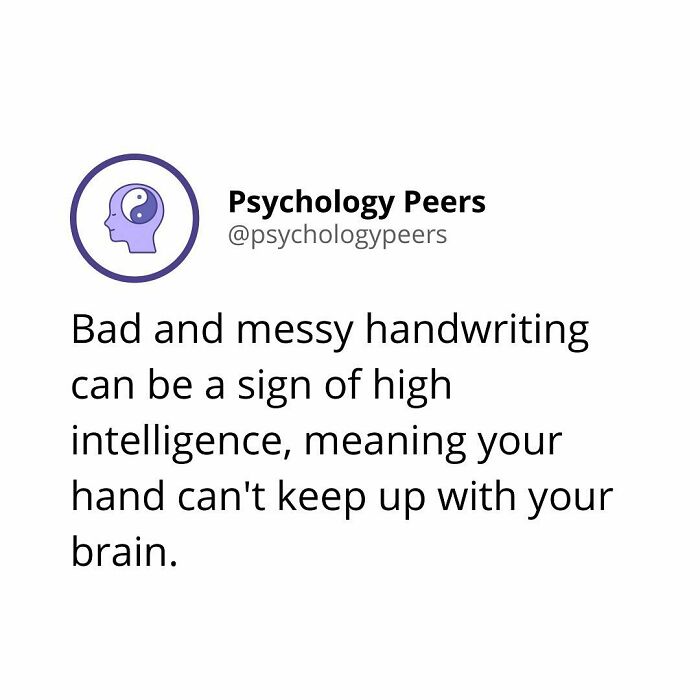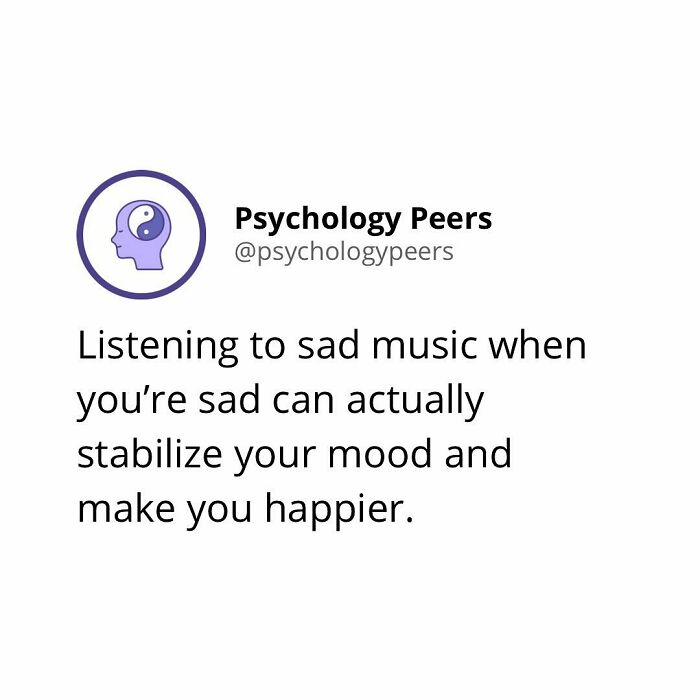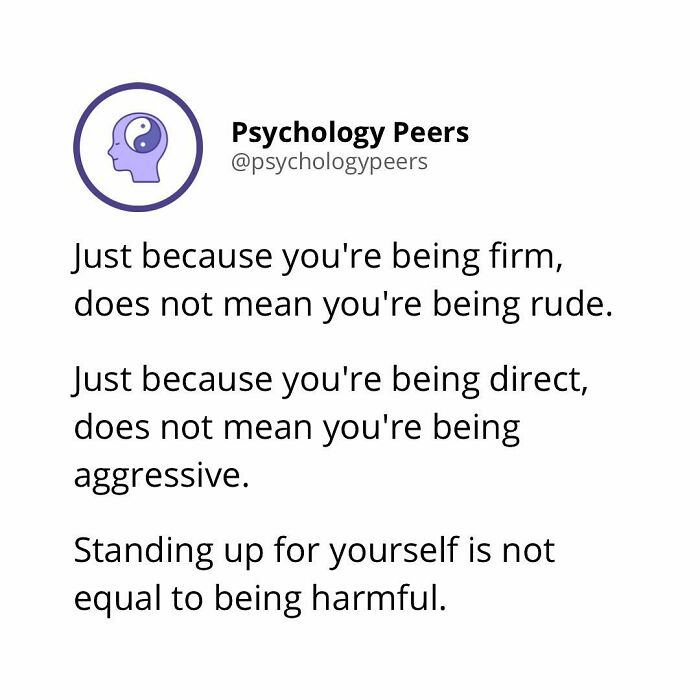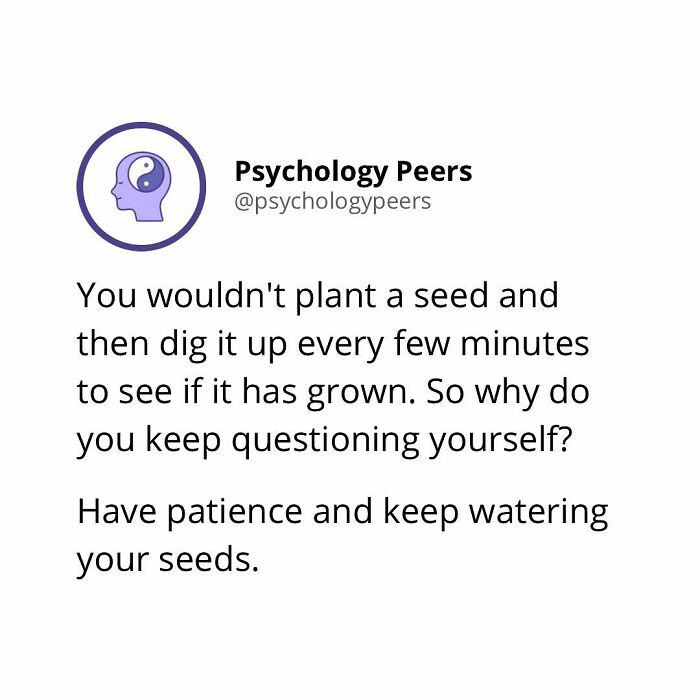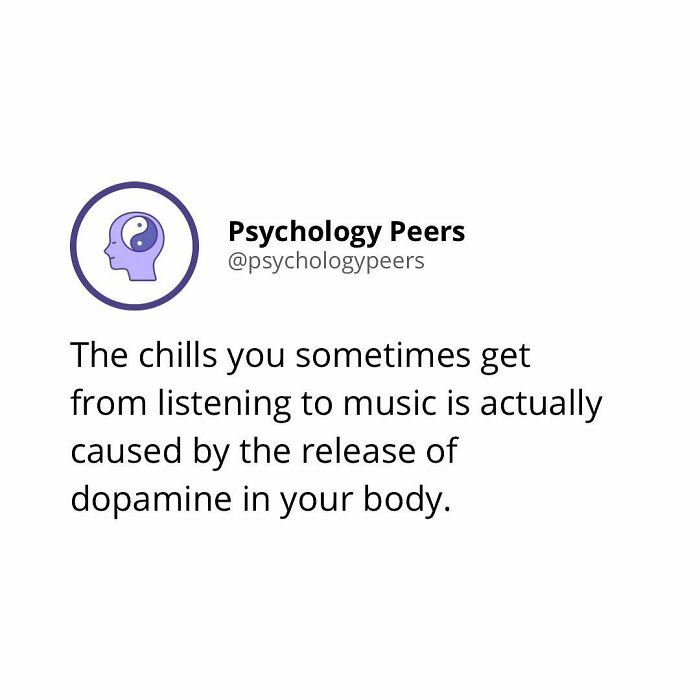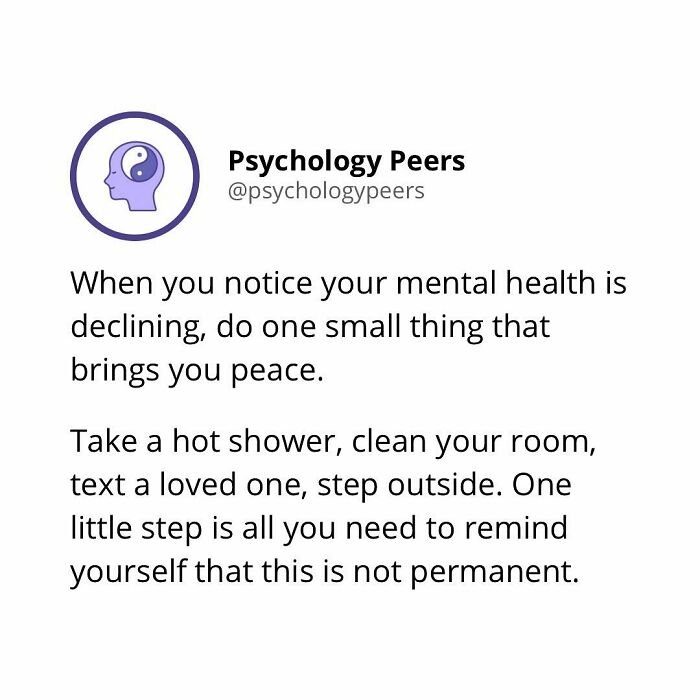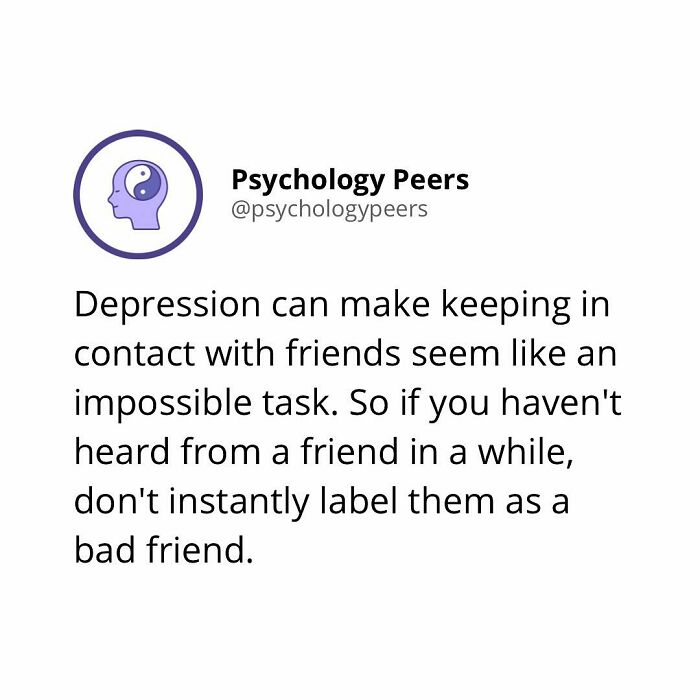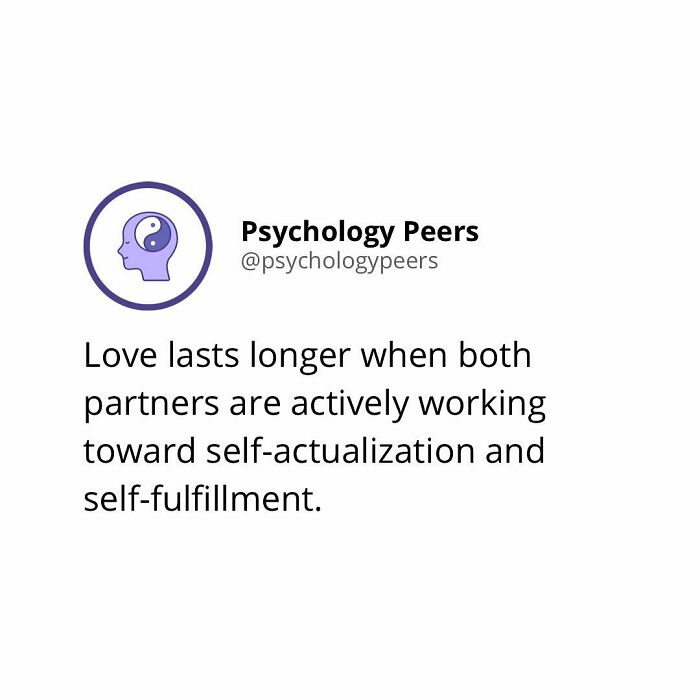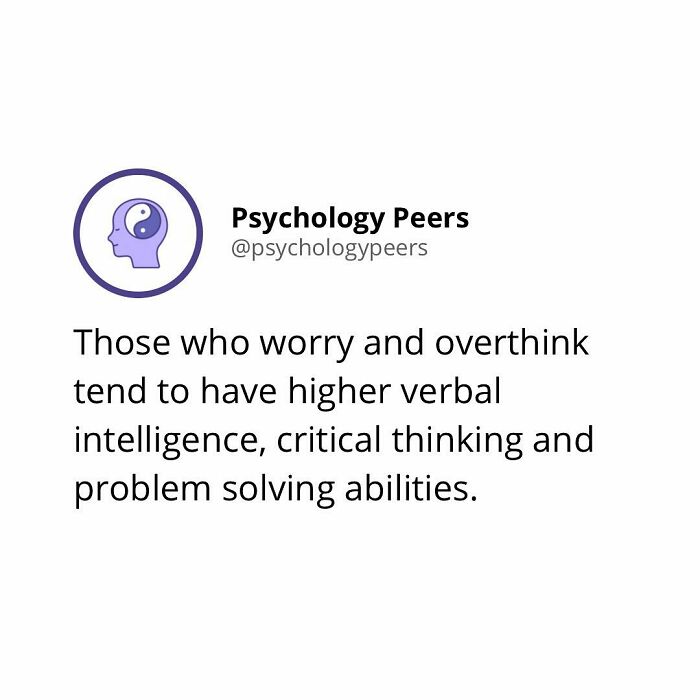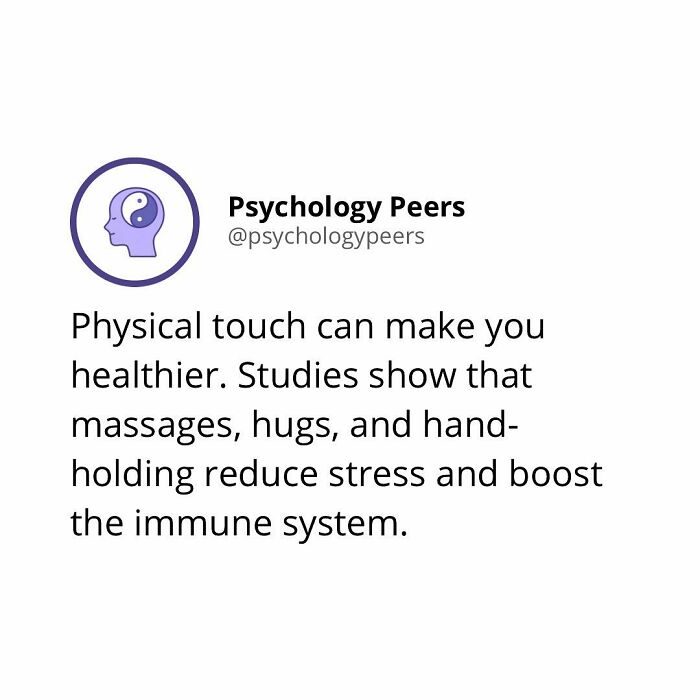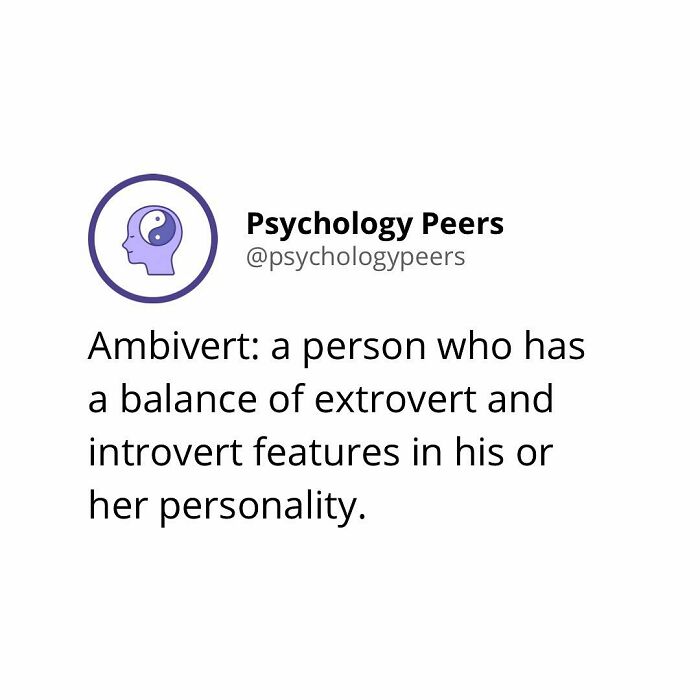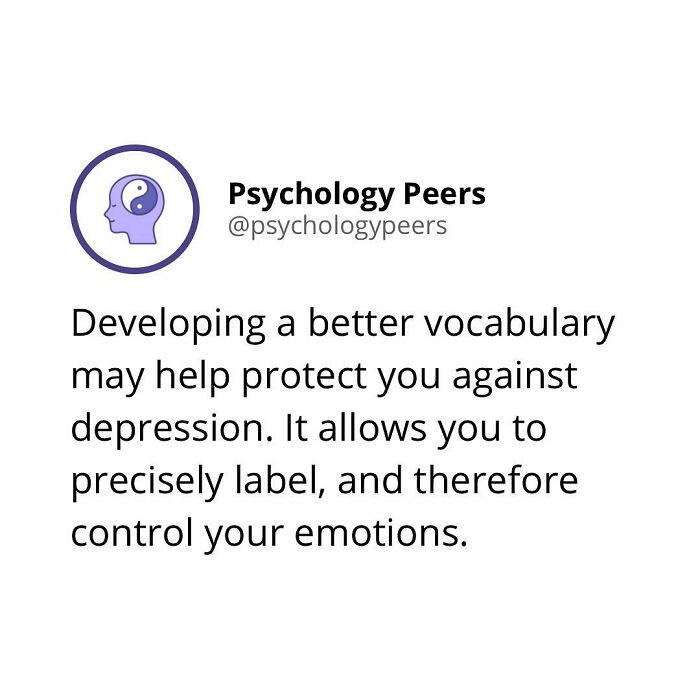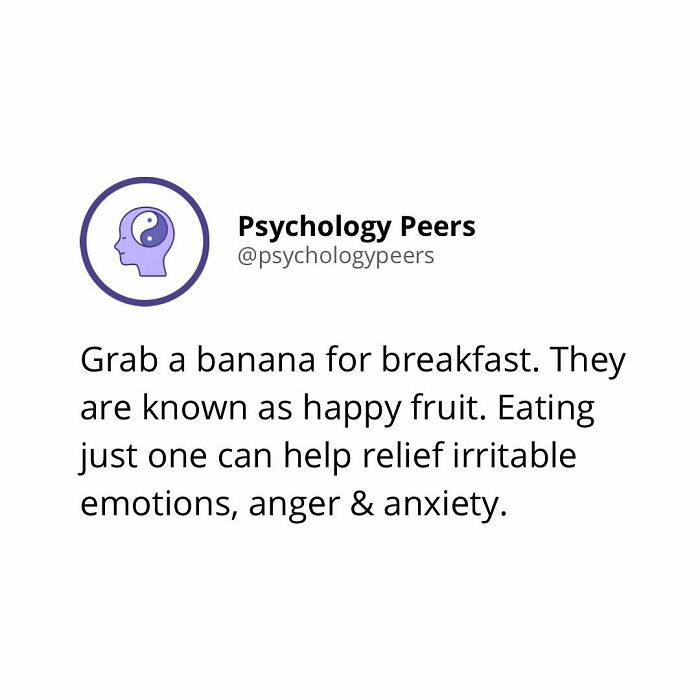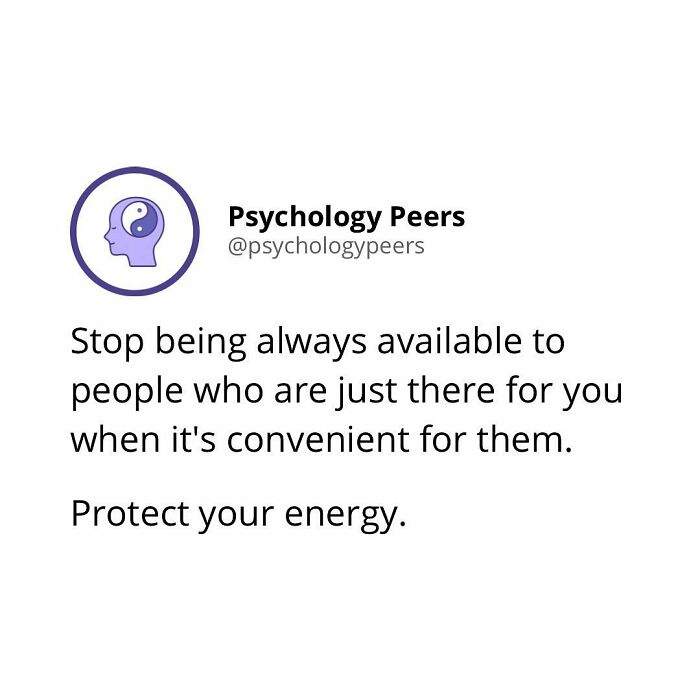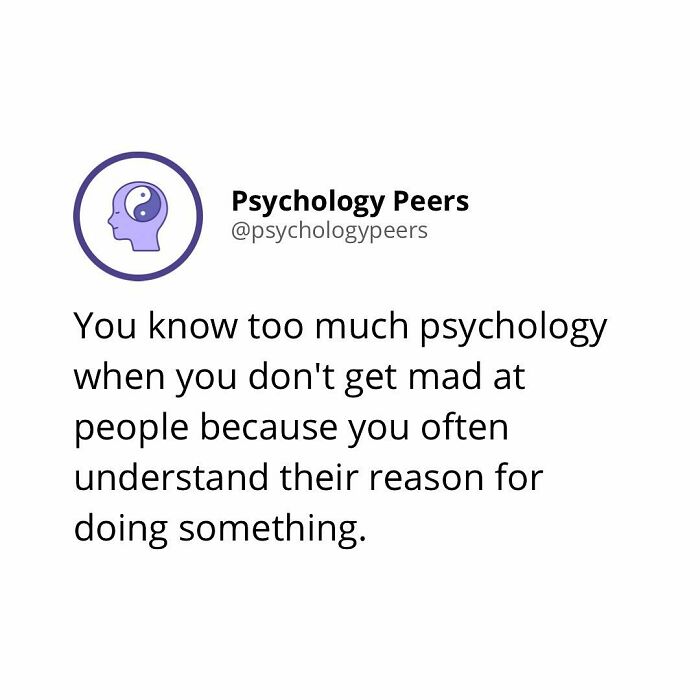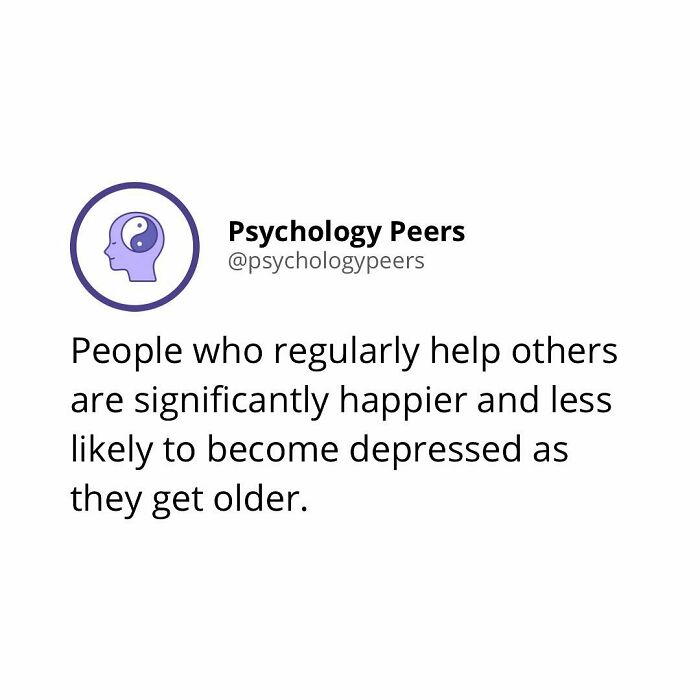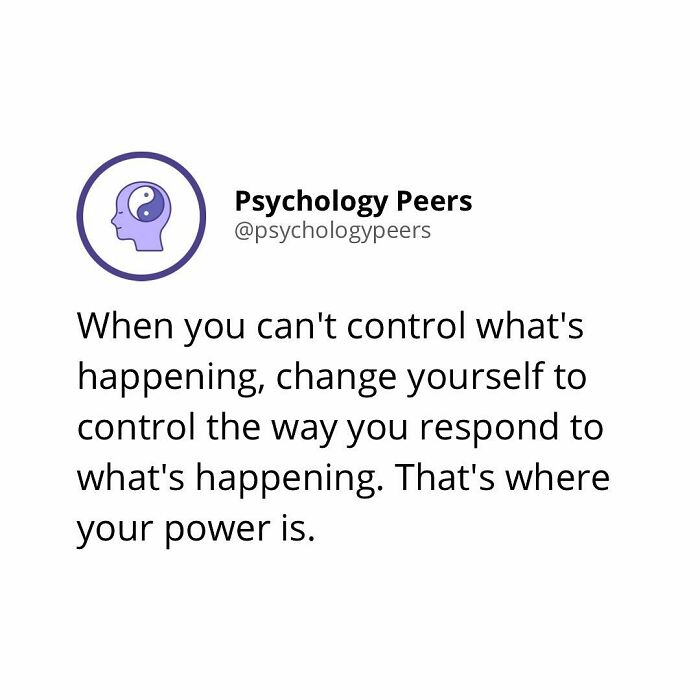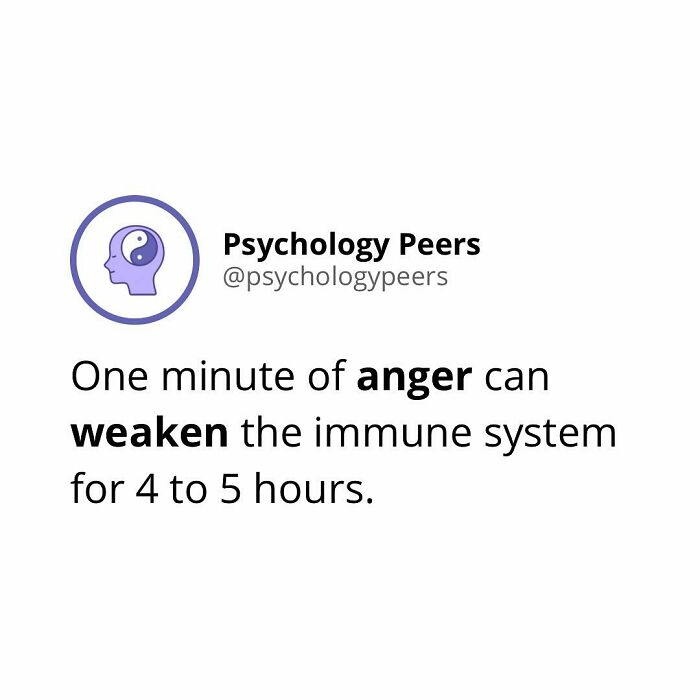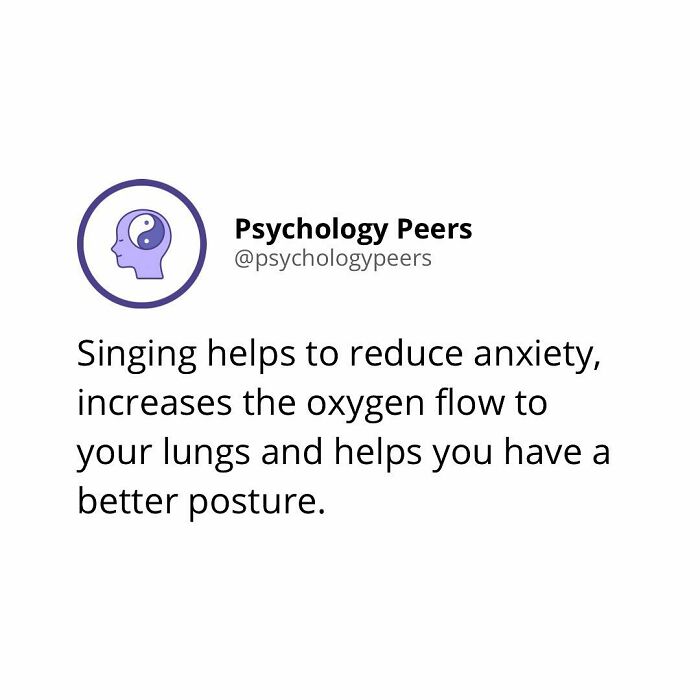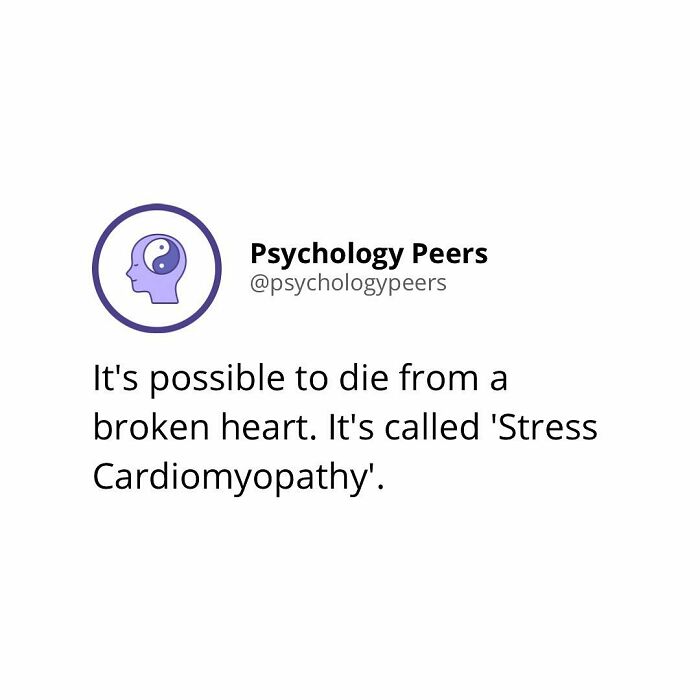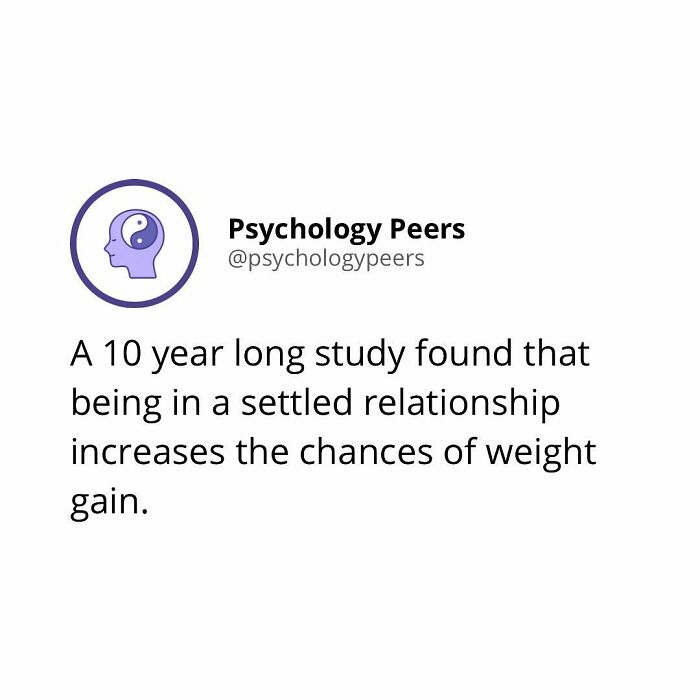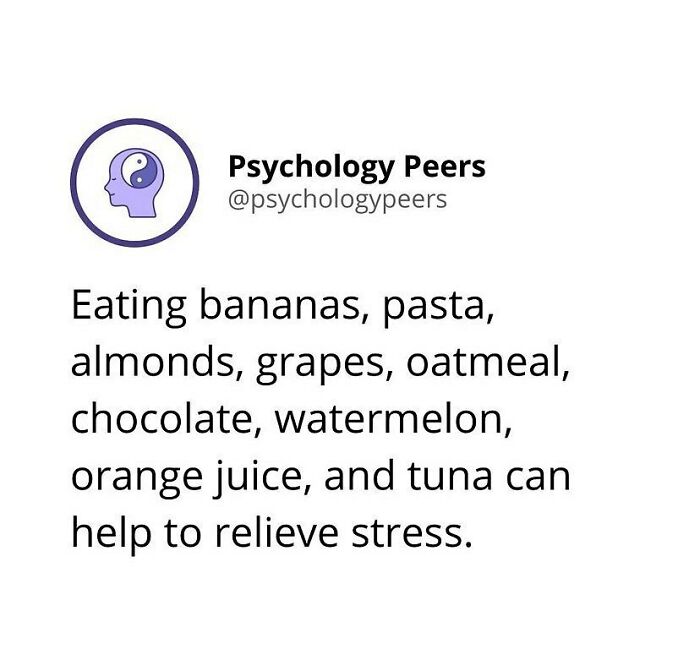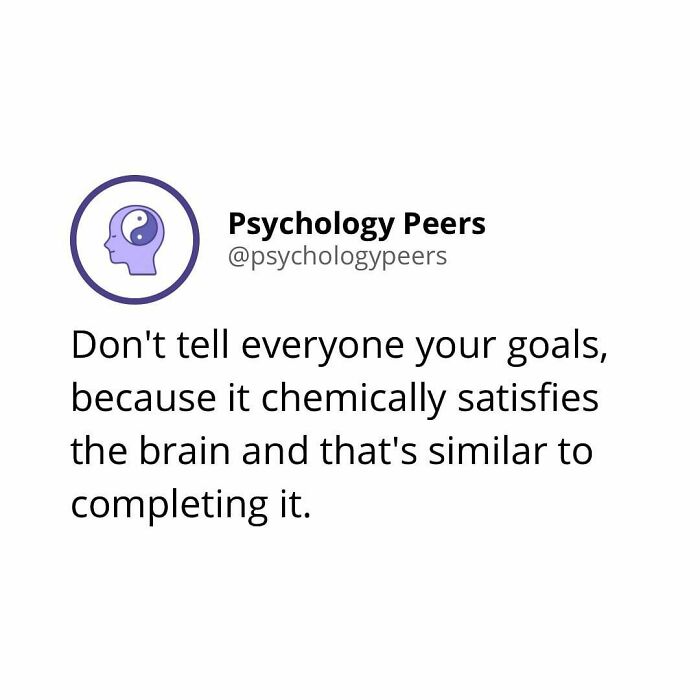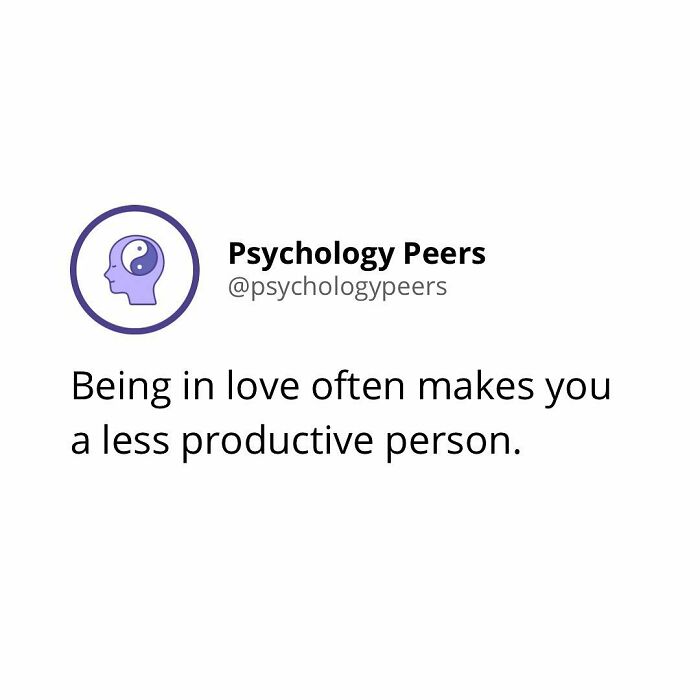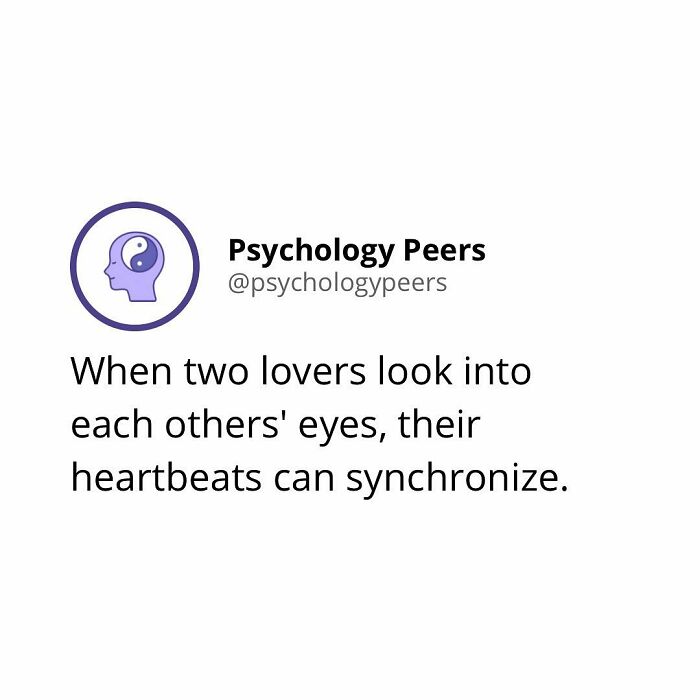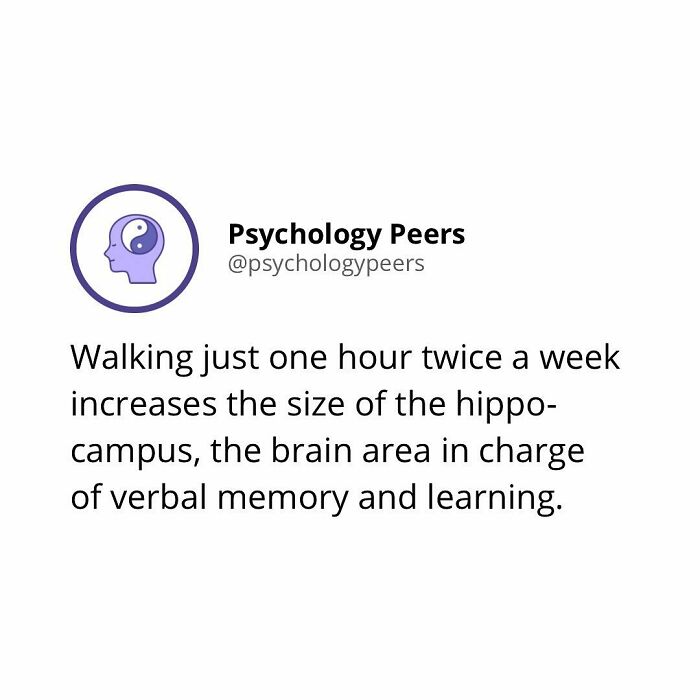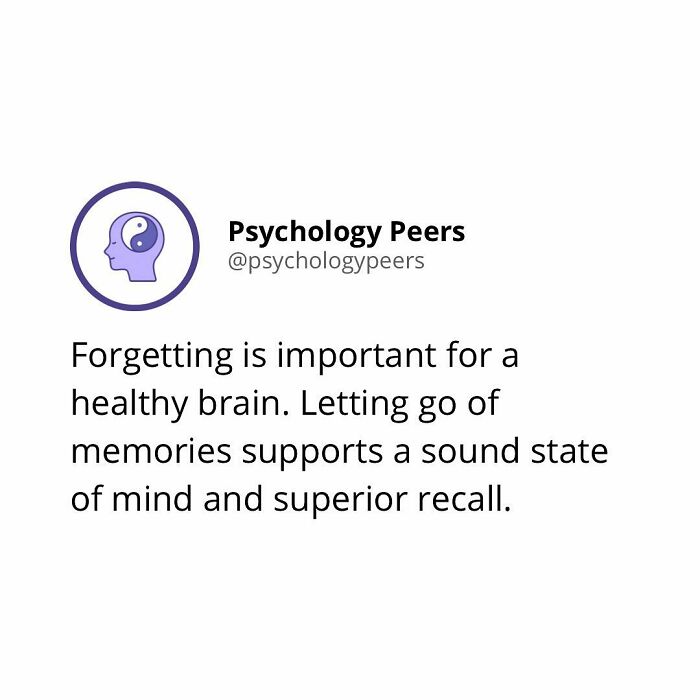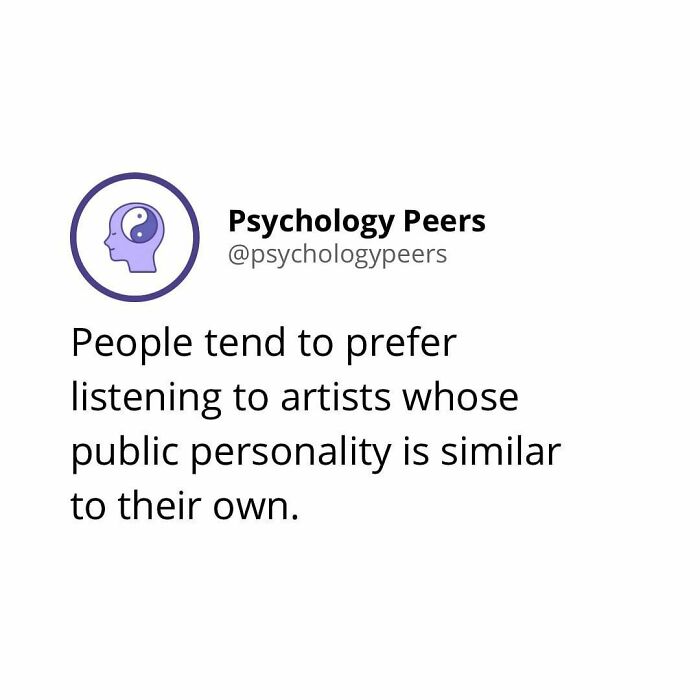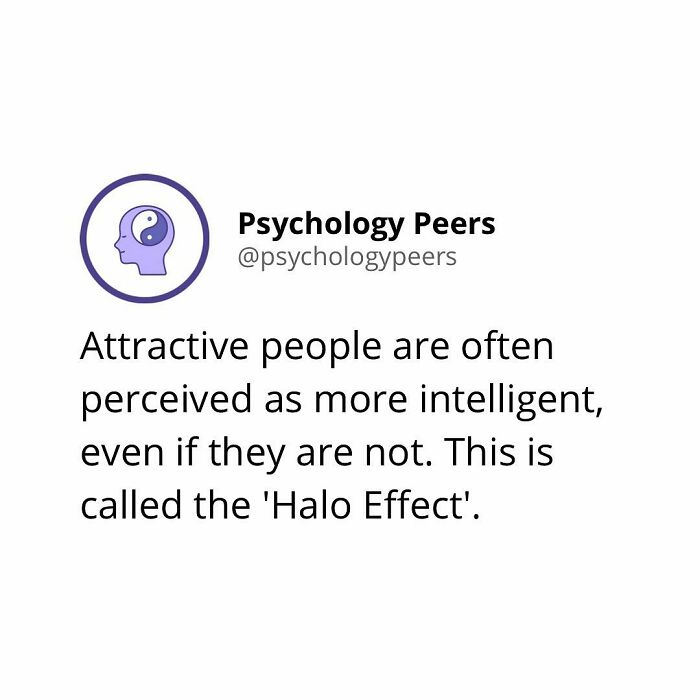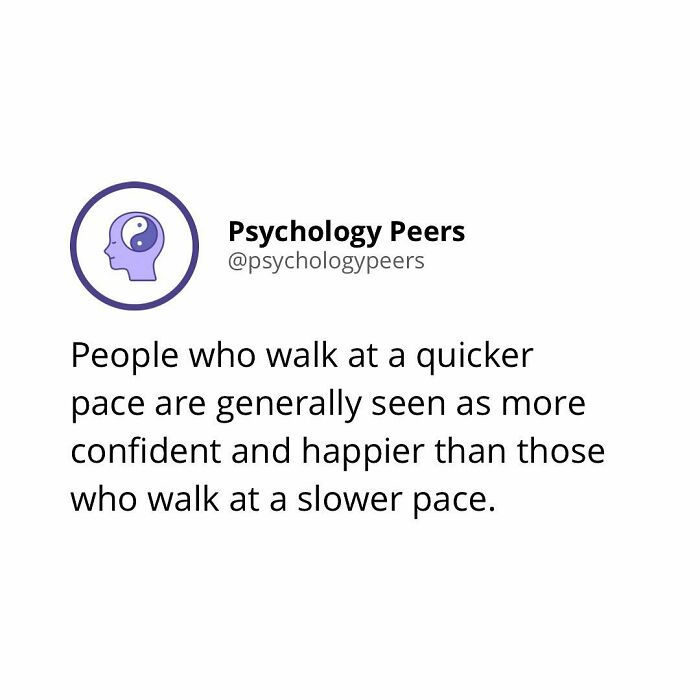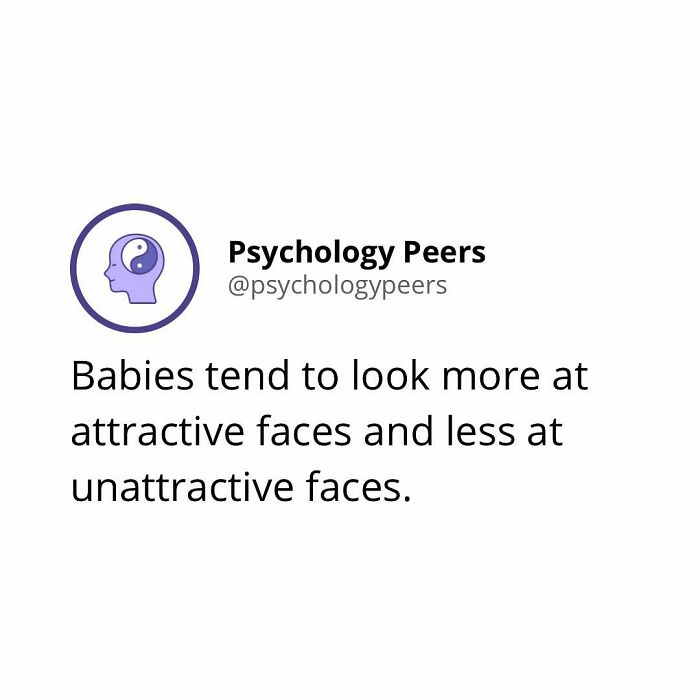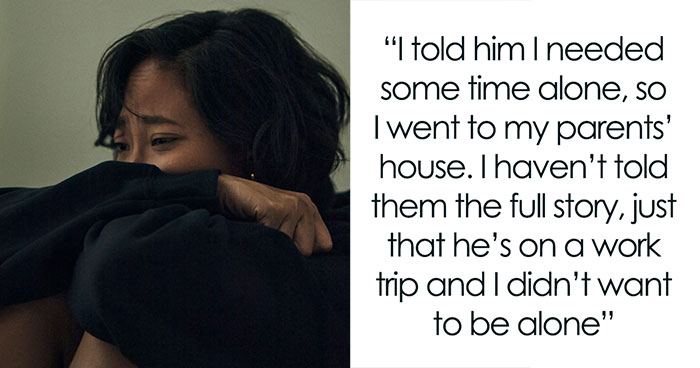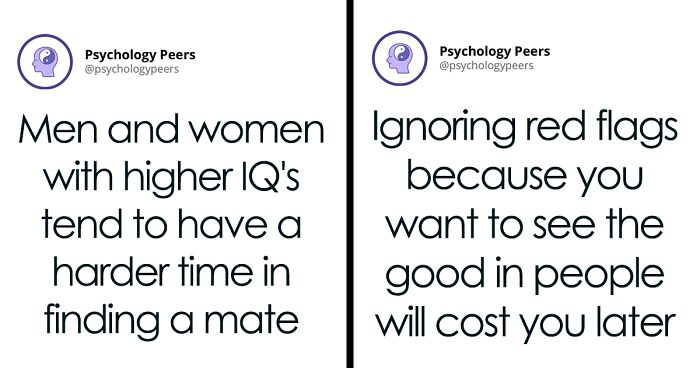
This Instagram Page Shares Fascinating Psychological Facts And Here’re 30 Of The Most Interesting Ones
InterviewDid you know that most of us use mind tricks from time to time, even if we are not aware of it? It’s normal and it helps us maneuver through life. Knowing how to properly behave, what to say or simply being able to understand our emotions and ways of acting helps a lot in life. And there’s nothing wrong with that (as long as you don’t use that knowledge for evil purposes).
There are many psychological tips and tricks laying around offering us help to shape our inner psyche. If you can use psychology to your advantage, then why not do so? That’s why we want to share the best psychological insights presented by “Psychology Peers”, an Instagram page spreading knowledge to 118K of its followers.
So, prepare a notebook because, we believe, you’ll find something valuable in here.
This post may include affiliate links.
I used to think that depression is deep sadness. Then I found out that, at least for me, it is actually a lack of joy and pleasure. You barely feel any pleasure from any activity you usually enjoy. Everything is dull and grey. You surprise yourself when you laugh out loud. It is like you are emotionally numb all the time. You don't look forward to anything. You just lie there on your bed, thinking of a lot of things you can do for fun, but end up not doing anything because you couldn't be bothered.
To find out what an expert has to say about these facts and why it is important to learn psychology, Bored Panda reached out to Ronald E. Riggio, a Professor of Leadership and Organizational Psychology at Claremont McKenna College. He is also the author of more than a dozen books and research articles in the areas of leadership, assessment centers, organizational psychology and social psychology.
We first asked the professor why it is important to understand human behavior. R. Riggio explained that the only way we know one another is through our behavior. "We behave in certain ways, and others interpret that and draw conclusions about us — what kind of person we are, whether they want to continue interacting with us, etc. So, we need to better understand our own behavior and how it affects others.
It is also critically important to study our own behavior if we are engaging in self-damaging patterns of behavior (e.g., not taking care of ourselves, abusing substances, abusing or using other people for personal gains, the list goes on and on). That is why psychology is such a popular topic and subject of study (psychology is one of the most popular college majors). We all want to understand more about our own, and others', behavior in order to make sense out of our social role and increase our knowledge and effectiveness in life."
Confidence is not knowing that you'll win. Confidence is knowing that you'll be okay if you don't.
Why do I always want to believe the best of people? And the worst of myself?! 🤯
Are you curious about how psychological facts can help us maneuver through life? R. Riggio shared that our perception is inherently biased by our own belief systems, lifetime experiences, and what we have observed. "For example, we are quite protective of our image of ourselves. We like to believe that we are good, smart, and kind and that we possess a host of other positive qualities. We use self-protective biases to help guard our often-fragile egos, and maintain a positive view of ourselves. By studying psychology, we can learn more about these systematic biases and how to not be fooled by them. Psychology helps us to be honest with ourselves: own up to our mistakes. Review and critique our own behavior. Second, we must realize that the situation and our psychological makeup are responsible for our actions and outcomes."
Did that with my mother, step father and my sister. So much stress gone since then..zero regrets
Ronald Riggio is sure that we can become more successful in life by learning about psychology. "We can gain self-insight that can help us to become a better person. In my work in organizational psychology, we use psychological knowledge and methods to make conditions better at work, and by studying and assessing work behavior, we can increase job performance, job satisfaction and engagement of workers, and have huge effects on the organization's functioning and on making organizations better, and more rewarding, places to work."
If you'd like to learn more about how psychology can benefit your life, check out Riggio's blog posts on Psychology Today here!
Yes. Expect the best but prepare for the worst.
Load More Replies...Mom always told me, "chin up, things could be worse". So I held my chin up and sure enough...
Didn't knew it had name but I have this. Nothing goes right in my favor without something else going double wrong against me.
I always expect the worse in every situation (be it an activity, a dinner with friends, etc. anything that gets me out of the house). I can only be pleasantly surprised. Every time I was over cheary or expecting positive things, I was disappointed.
TIL. This is me, 100%. When I experienced happiness, I'd have this kind of thoughts, just to prepare myself mentally so that it wouldn't impact me badly when the bad thing happened for real. Honestly, I think my username is because I'm trying to convince myself that I'm happy.
I've read probably an unhealthy amount of Supernatural fan fiction, and in 90% of them, I'm pretty sure Dean Winchester has this.
Hey, until my childhood comes back and tells me otherwise, I'm going with my experience.
some people afraid to be happy because they think it's not fair to other people who are less happy
My mother just told me last week to be carful, things are going too good for you right now so that means something really bad is coming.
This is an inevitability. There is nothing pessimistic about this. The key is to enjoy the good times when they come and learn to cope with the bad times when they come. Up and downs if you let them. Avoiding anything negative is setting yourself up for great failure and disappointment and probably loneliness since many folk equate misery and drama with people.
The odd thing about happiness is that it can sometimes be the cause of anxiety, and if you don't experience that feeling often, it can even cause some confusion, and doubts about how to handle it and behave in the right way. It is kind of how falling in love can be tricky, you are happy but confused and insecure at the same time. Happiness can give rise to all kinds of dilemmas resulting in hard questions like: "Is it ok to show that I am proud of my achievement, or will it make me come of as an arogant prick?"... or "will I look stupid by celebrating an achievent that most people take for granted?". Mediocracy can be much easier to handle for someone who is more familiar with that, and as our brains are lazy. In many cases we prefer to deal with something we already know and can do without much effort as it is much easier, than being confused by something new.
Stress is your body assuming you're being stalked by one of those pesky saber-toothed tigers...
Take that, parents of toddlers! Listen up, everyone else.
When I was caught napping during work-time and explained this to my boss, his response was anything but polite. He wasn't convinced that I was sleeping only for the sake of the company.
That being said, there is something really soothing about a rain storm, but only if I can use it as an excuse to stay under a blanket with a good book all day.
Not sure about some of these. Several seem out of context and/or questionable. One of note would be that it's not considered proper to refer to "narcissists" in the popular context, in reference to people with egotistical tendencies or NPD both, as it's both clinically incorrect and considered rude/ableist. Thus the use for the Twitter page makes it feel a bit... amateur, maybe? A mix of quality overall...
Kind of like they are more motivational quotes than psychology facts?
Load More Replies...Came to say that. It's always like that with such lists though. Starts with a couple of interesting facts and then... yawn.
Load More Replies...While interesting, calling these "psychological facts" is a basic level of misinformation.
Not sure about some of these. Several seem out of context and/or questionable. One of note would be that it's not considered proper to refer to "narcissists" in the popular context, in reference to people with egotistical tendencies or NPD both, as it's both clinically incorrect and considered rude/ableist. Thus the use for the Twitter page makes it feel a bit... amateur, maybe? A mix of quality overall...
Kind of like they are more motivational quotes than psychology facts?
Load More Replies...Came to say that. It's always like that with such lists though. Starts with a couple of interesting facts and then... yawn.
Load More Replies...While interesting, calling these "psychological facts" is a basic level of misinformation.

 Dark Mode
Dark Mode 

 No fees, cancel anytime
No fees, cancel anytime 











